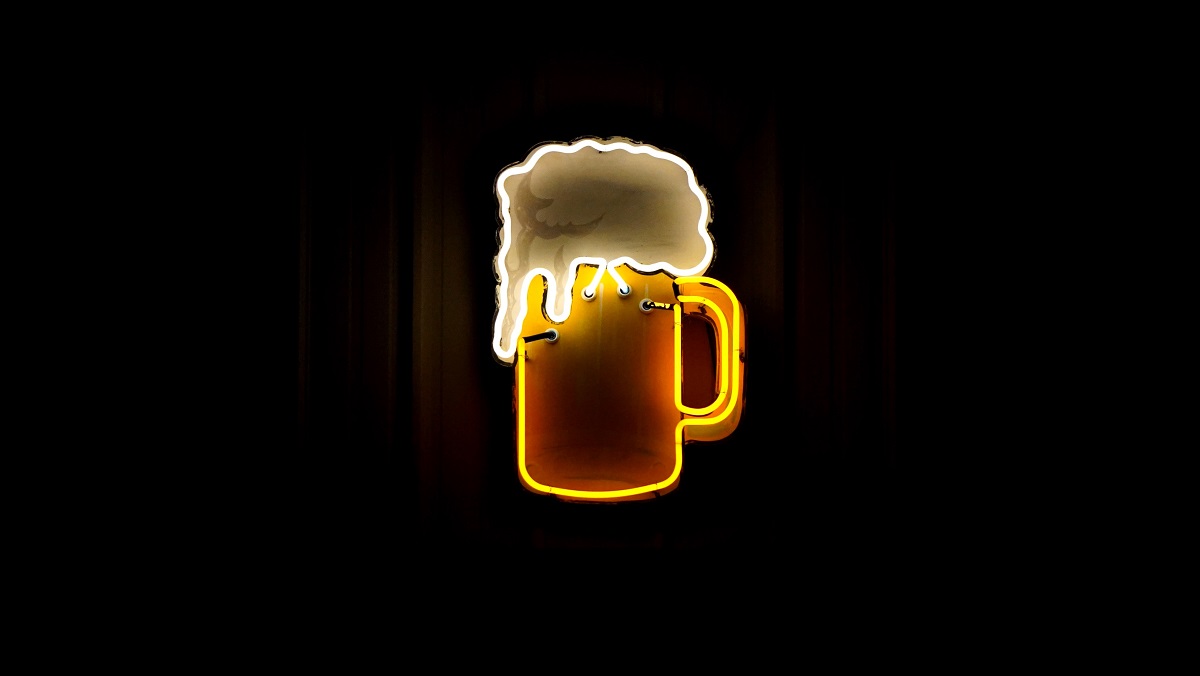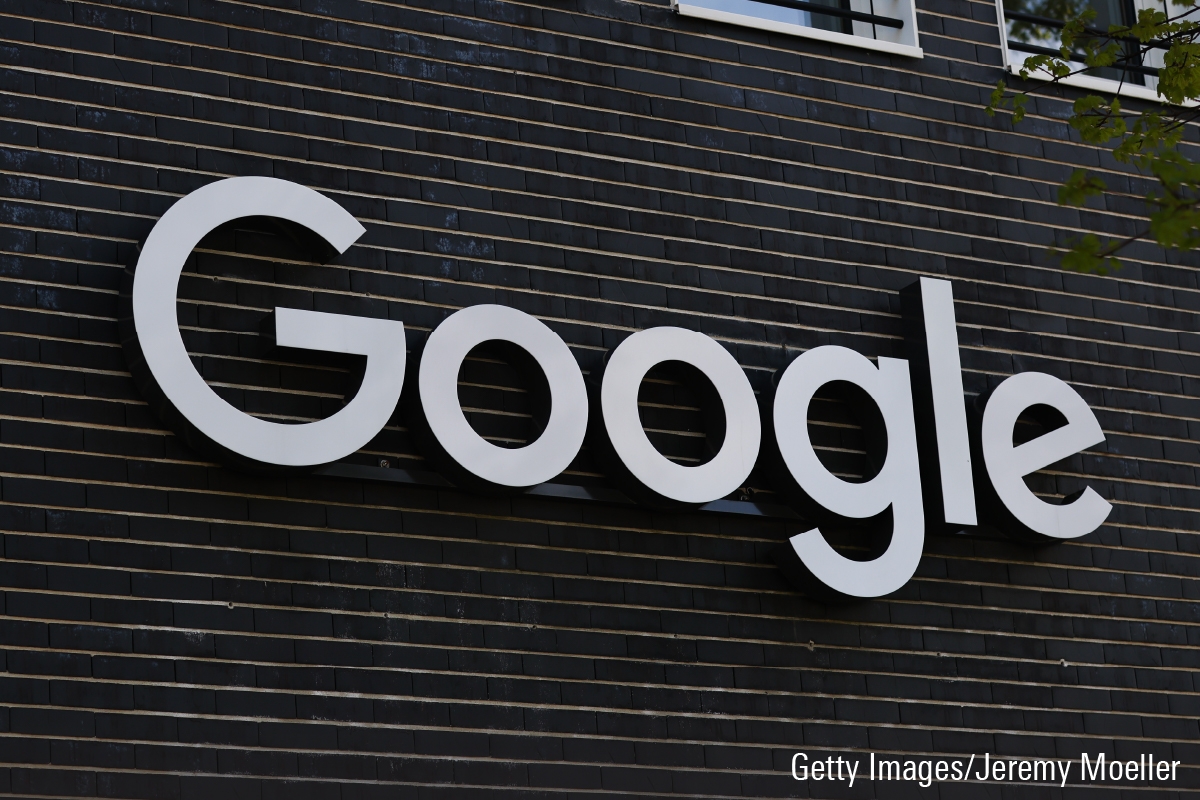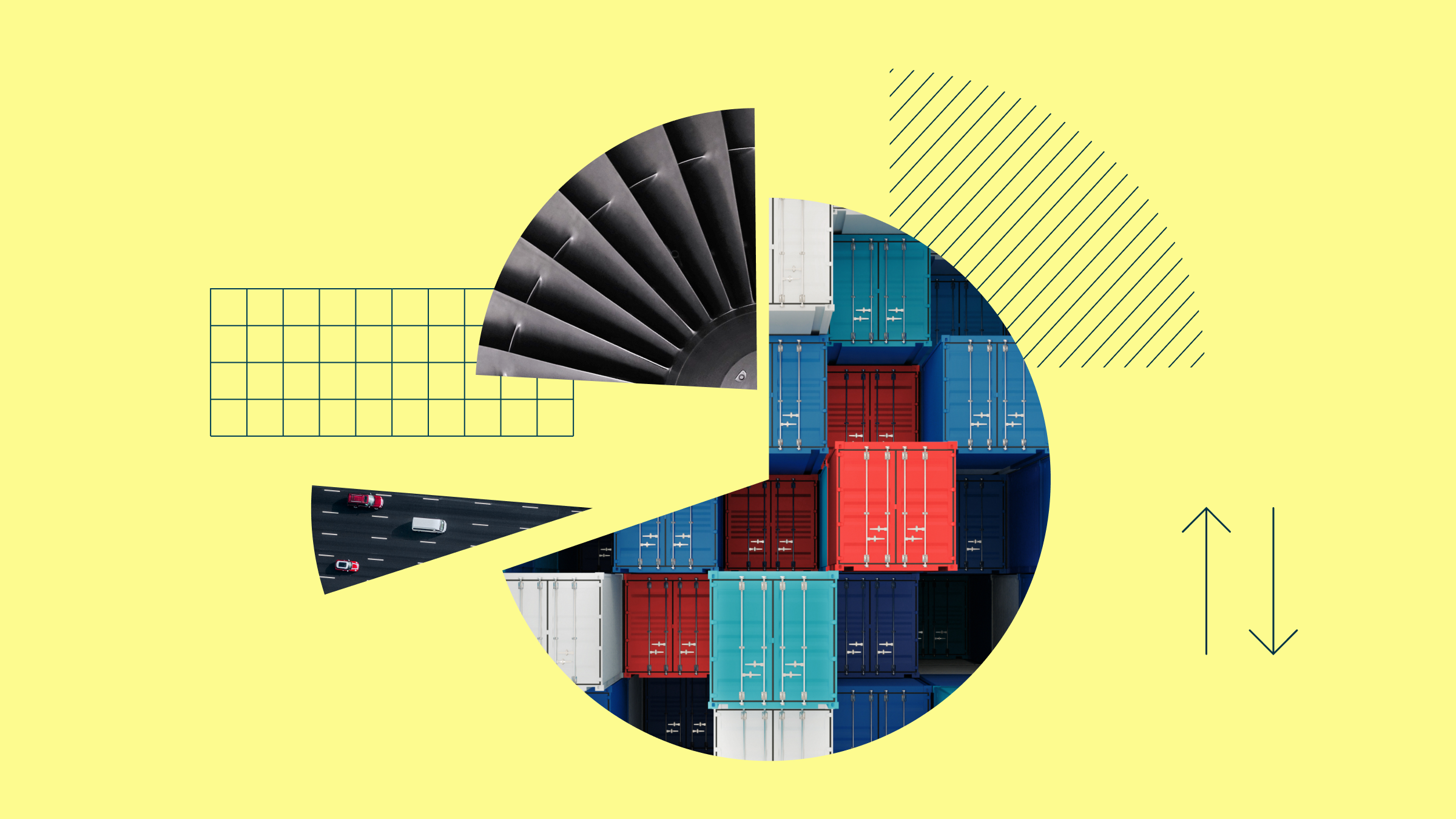
Nonalcoholic drinks are gaining popularity and are set to be a hot trend this summer, offering the flavour without the intoxication and calories. The trend is being driven by modern consumers who are seeking healthier and safer drinking alternatives to alcohol.
The market is expected to expand further. According to market research firm GMI Insights, the global non-alcoholic beer market reached US$22 billion in 2022 and is projected to hit US$40 billion by 2032. The market for non-alcoholic beverages, including beer, wine, and spirits grew by over 20% in 2022, and a staggering 120% over the past three years, NielsenIQ's data shows.
In response to this growing demand, leading brewers are scrambling to expand their non-alcoholic offerings to capture a larger share of the fast-growing market. Investors who wish to invest in the growing non-alcoholic drinks market can explore significant opportunities in the following brewers that have strong brand recognition and extensive global networks.
Dutch brewer Heineken (HEINY) is the world's second-largest brewer behind Anheuser-Busch InBev. Its eponymous brand dominates many European markets, including the Netherlands, Austria, Greece, and Italy. The firm’s portfolio also includes brands in the non-alcoholic and craft beer categories.
In a bid to reach consumers who avoid or consume less alcohol, the company splurge millions of dollars on a 30-second commercial for its nonalcoholic beer during Super Bowl, U.S. television’s biggest event of the year.
As an early entrant to the alcohol-free drinks market, the company launched Heineken 0.0, a non-alcoholic beer, a few years ago.
“After a period of industry consolidation, we think the future of the brewing industry lies in premiumization at scale, non-alcoholic beer, and portfolio proliferation,” says a Morningstar equity report, adding that “Heineken has strategies to deliver against all of these themes.”
Heineken owns multiple multinational brands, including Amstel, Birra Moretti, Sol, and Tiger. However, its truly global brand remains its namesake, Heineken.
“Volume growth in early-stage emerging markets such as central and Southern Africa, premiumization in its late-stage developing markets such as Brazil, and a very strong start in non-alcoholic beer through Heineken 0.0 and in cider, should combine to drive mid-single-digit growth in the medium term,” says Morningstar sector director Philip Gorham, who pegs the stock’s fair value at US$42.
The largest brewer in the world and owner of the ubiquitous brand Budweiser, Anheuser-Busch InBev (BUD) is one of the world's top five consumer product companies, as measured by EBITDA. The company’s brand bouquet comprises six of the 10 most popular beer brands based on sales volume, per Euromonitor, and 23 brands with retail sales over US$1 billion.
The owner of popular brands like Budweiser, Corona, Michelob, and Modelo, the company has an ambitious goal of making 20% of its beer volume non-alcoholic and low-alcohol by 2025.
AB InBev has launched a non-alcoholic version of its popular Corona beer in several European markets. Called Corona Cero, it’s brewed with 100% natural ingredients, the company claims. The Budweiser brewer also launched the world’s first non-alcoholic brew with Vitamin D, Corona Sunbrew 0.0%, as it pushes deeper into the alcohol-free beer market.
The management pursues the strategy of purchasing brands that have strong growth potential, increasing their reach, and cutting costs wherever possible. Strategic acquisitions over the years “have created a monster with vast global scale as well as regional density,” says Gorham, whose US$90 fair value of the stock implies 2023 forward multiples of 27 times EPS, a free cash flow yield of 4%, and a dividend yield of 3%.
Anheuser-Busch InBev’s wide economic moat, or sustainable competitive advantage, is underpinned by powerful cost advantage and intangible assets in its strongest markets.
Constellation Brands (STZ) is the largest provider of alcoholic beverages across the beer, wine, and spirits categories in the U.S.. The brewing behemoth generates 80% of revenue from Mexican beer imports under top-selling brands such as Modelo and Corona. With its exclusive rights tied to the Mexican beer brands effective only in the U.S., the firm has small revenue exposure to international markets. Constellation also owns a 36% stake in cannabis producer Canopy Growth.
“The brands’ consumer-centric innovation in categories such as chelada and nonalcoholic beer, in addition to new flavours (such as lemon and watermelon), should help fortify their value proposition among existing consumers,” says a Morningstar equity report, stressing that this could also expand their reach to new drinkers.
Constellation Brands leverages its brand appeal to introduce a variety of new recipes and flavors. “With its strong innovation pipeline in traditional beers as well as premixed cocktails, hard seltzers, and nonalcoholic beers, Constellation is well positioned to tap its loyal and well-engaged consumer base to initiate trial and consumption of these new launches with little in the way of customer acquisition costs,” says Morningstar equity analyst Dan Su, who pegs the stock’s fair value at US$274.
As it seeks to boost its presence in the alcohol-free beer market, the brewer introduced Corona Non-Alcoholic in the U.S., while last week the company acquired a minority stake in TÖST, an alcohol-free sparkling beverage brand.





















